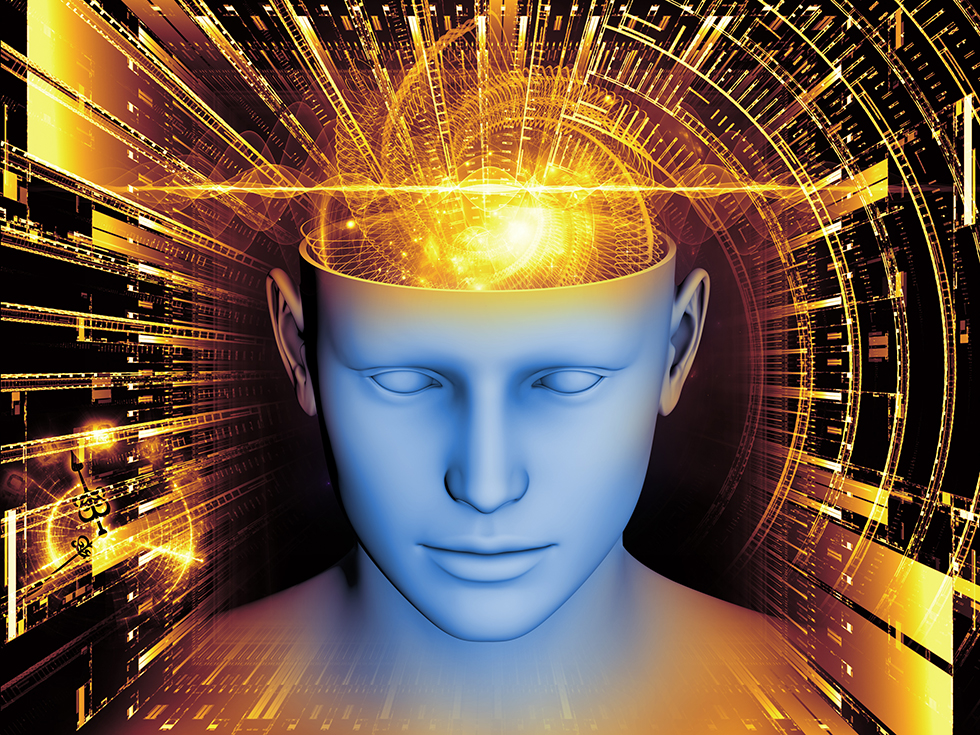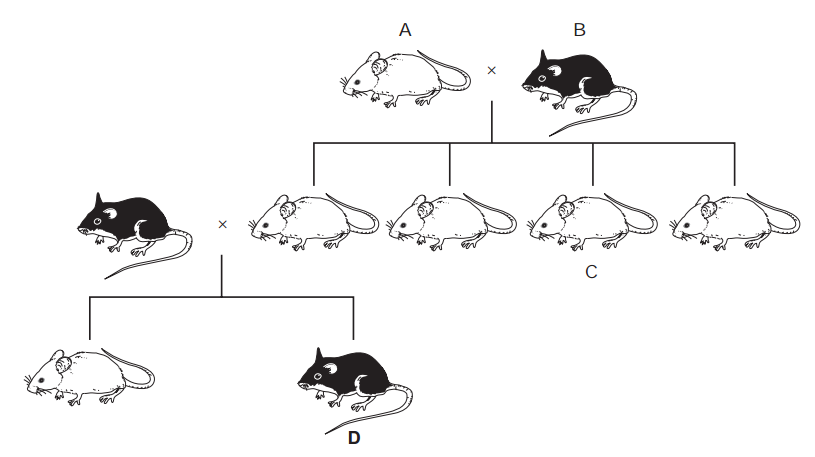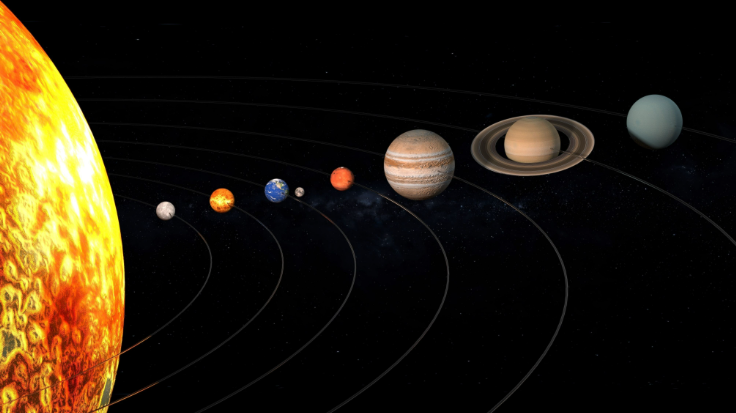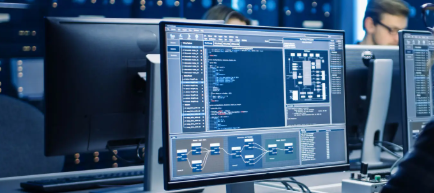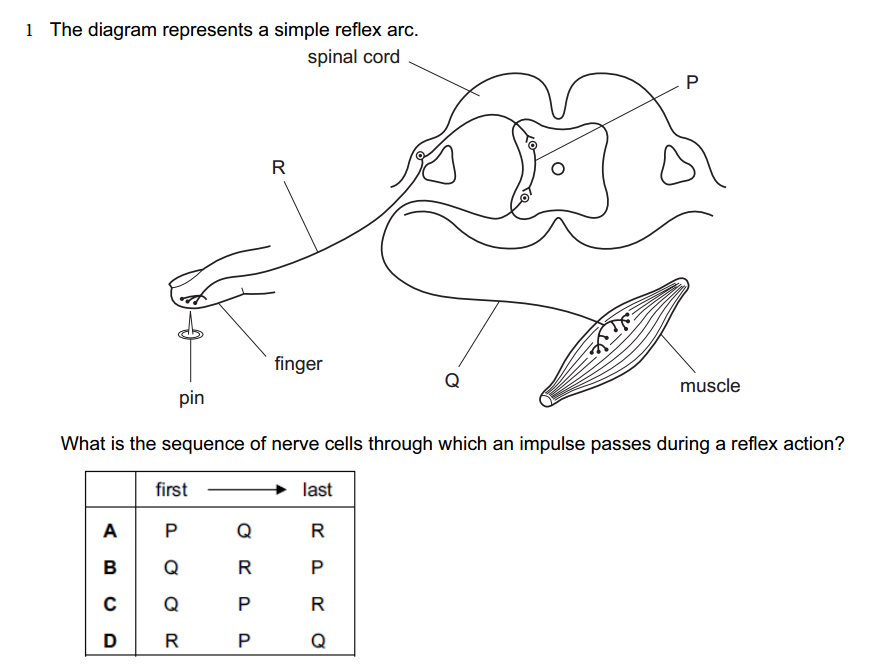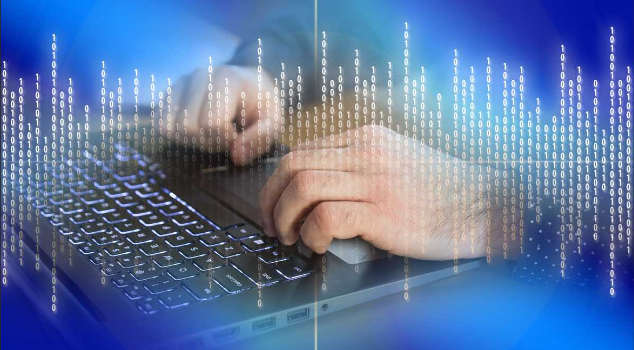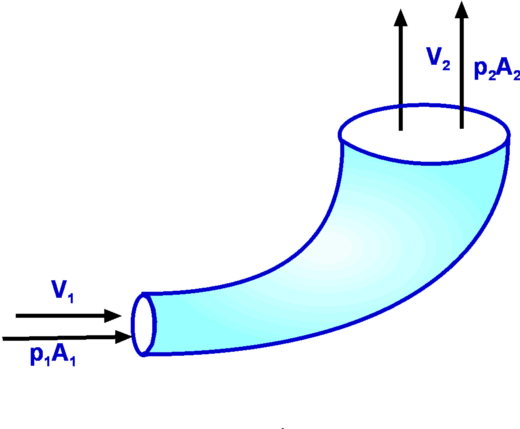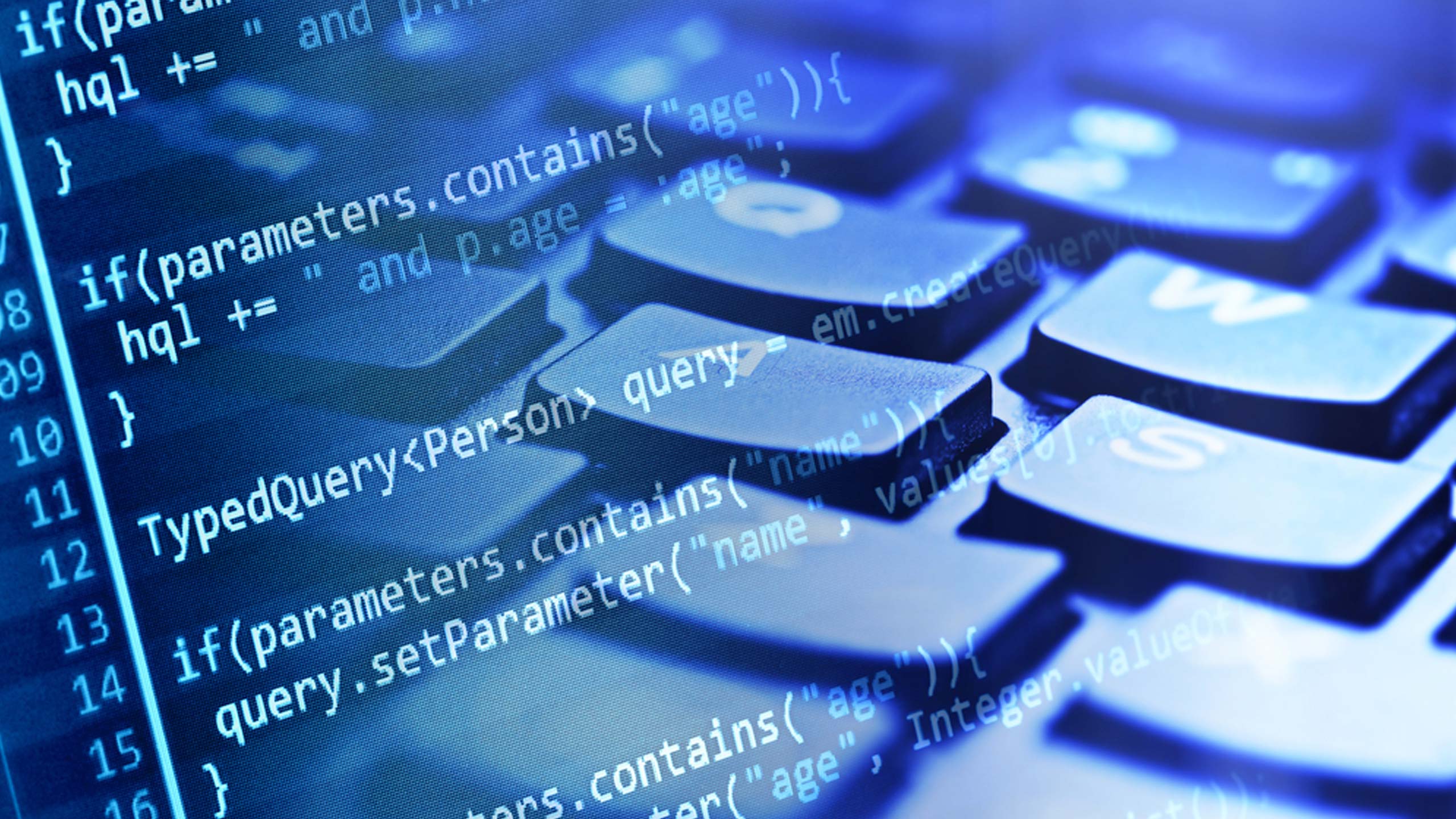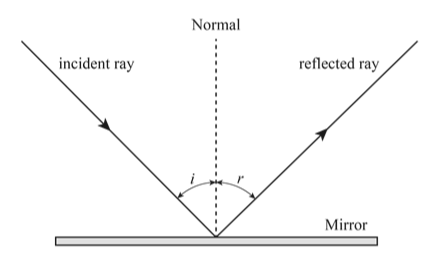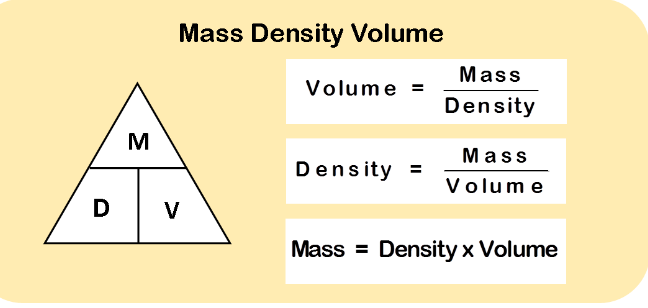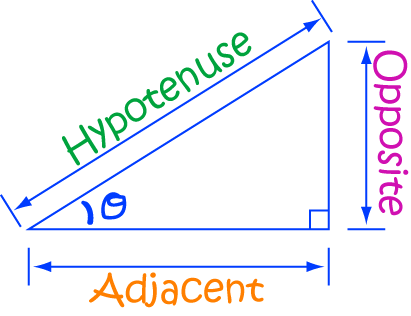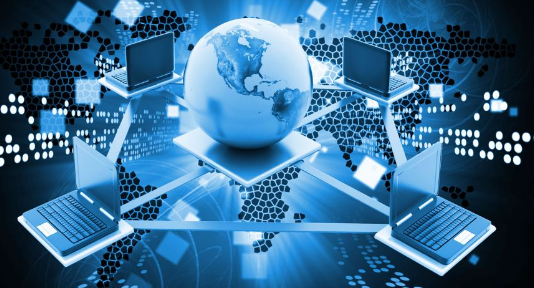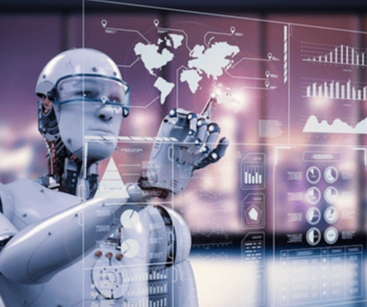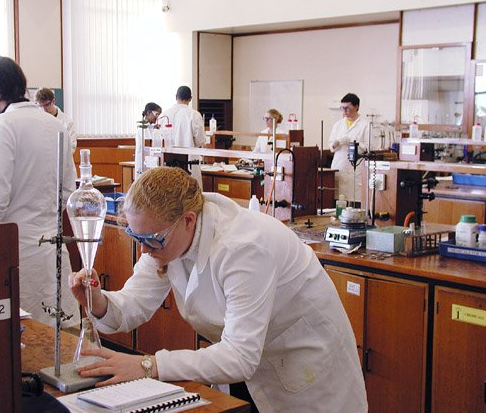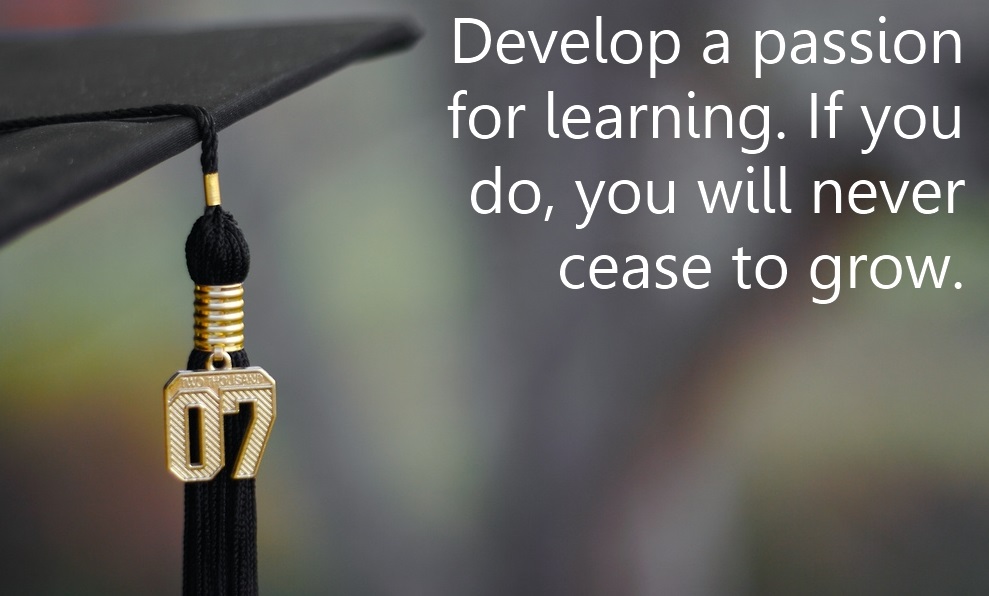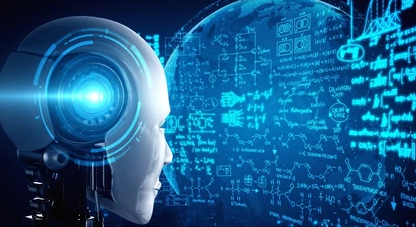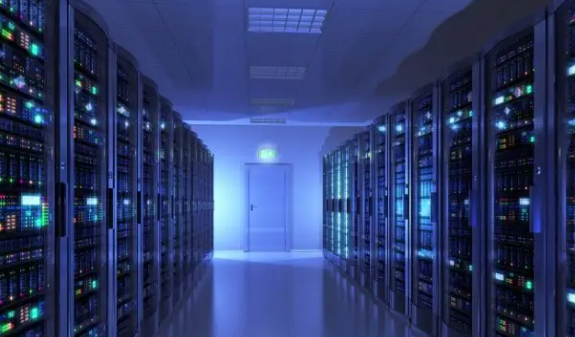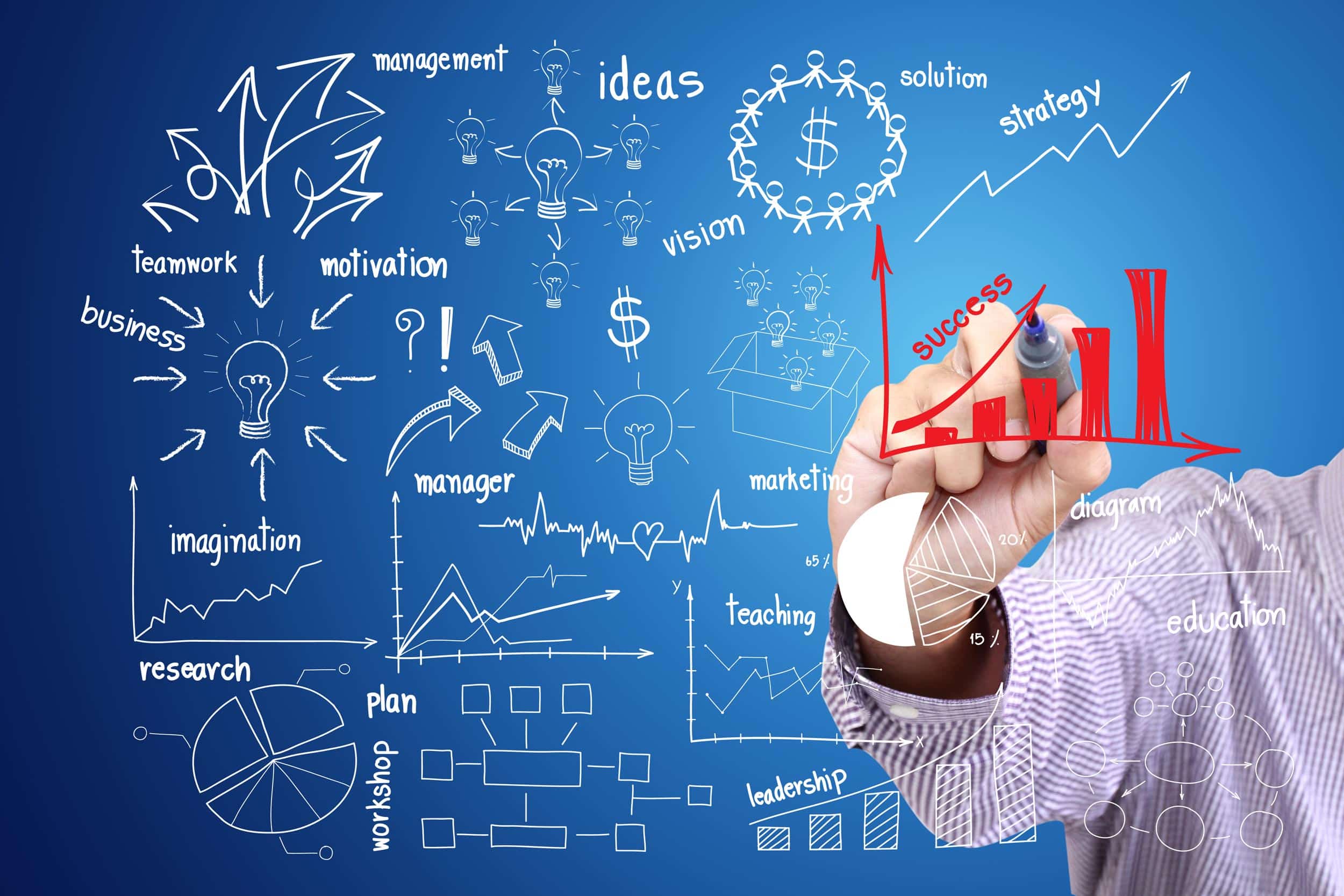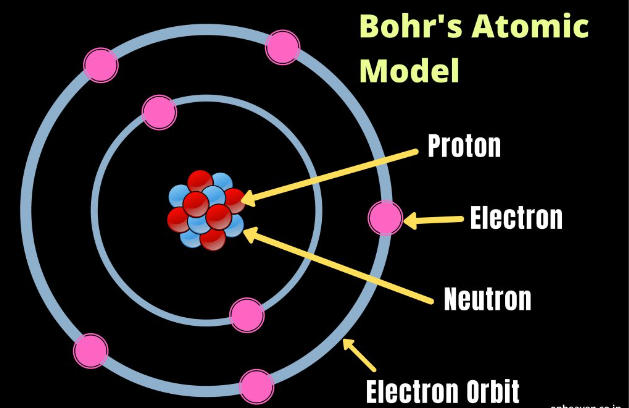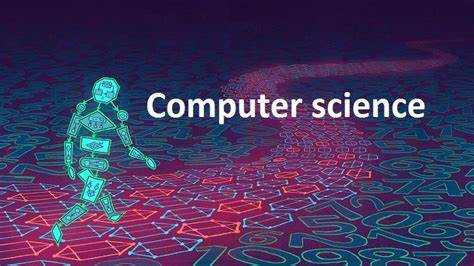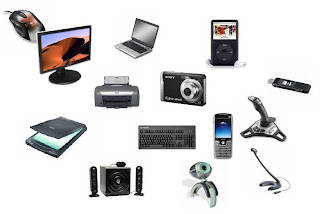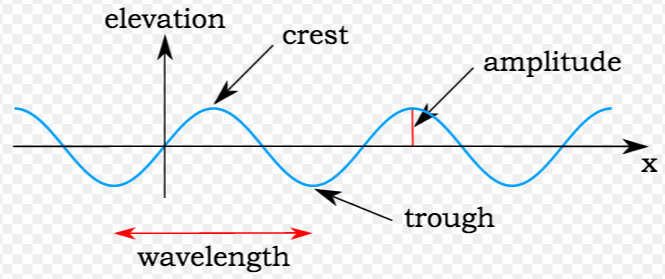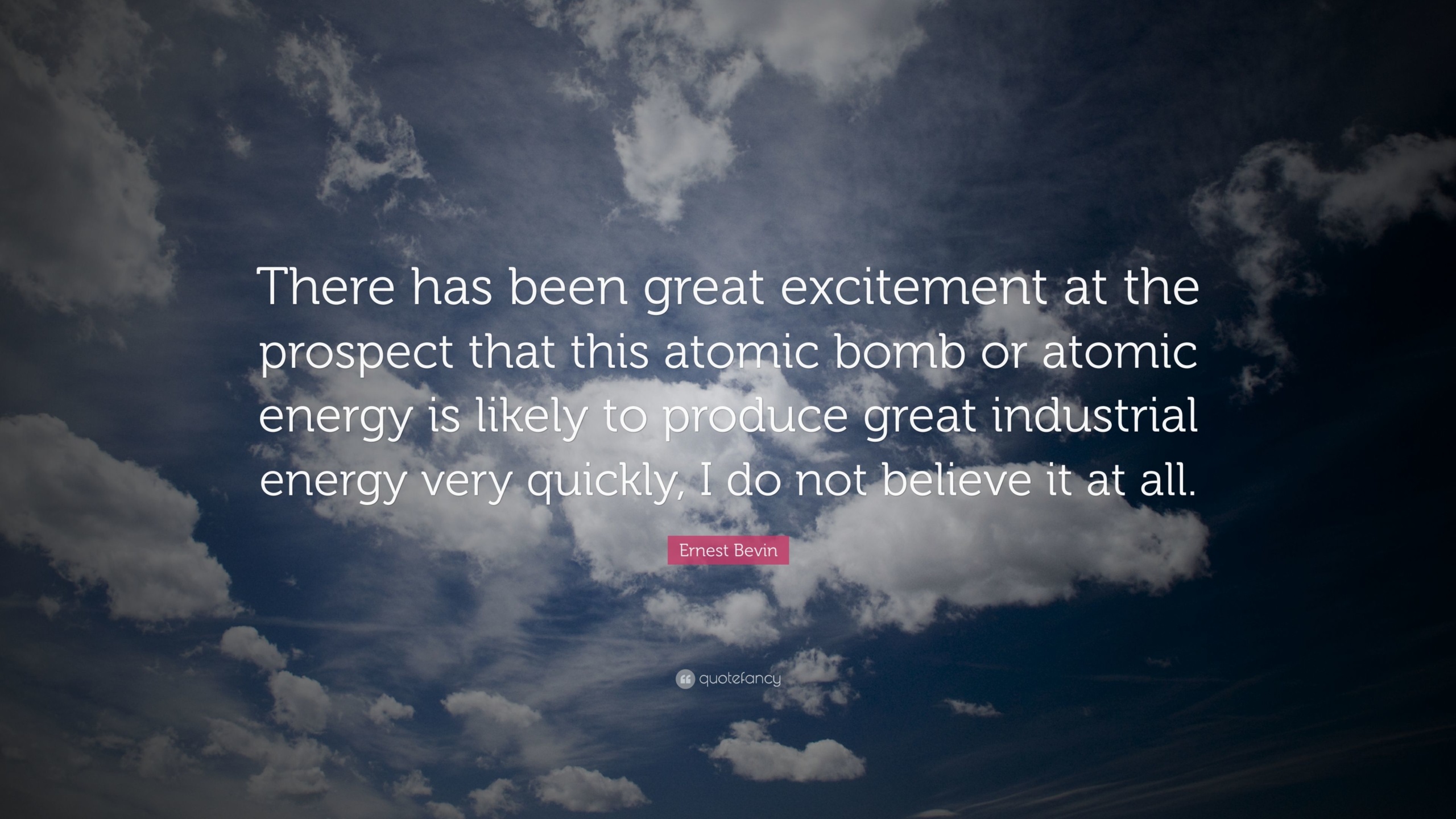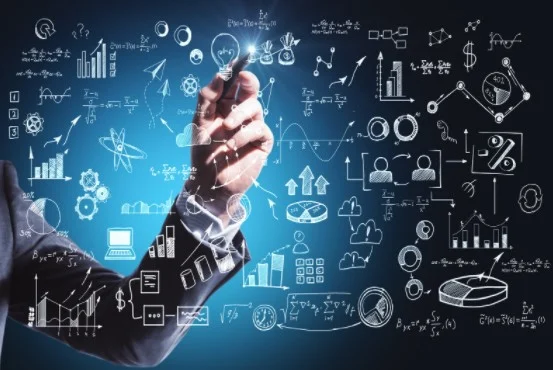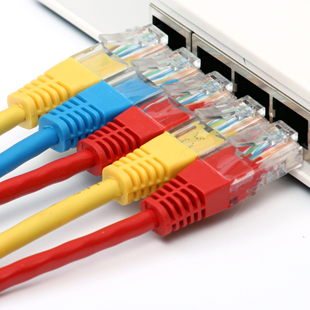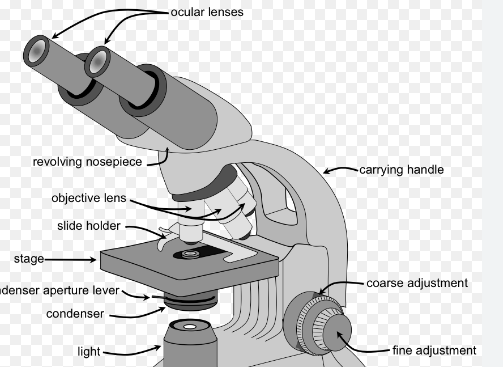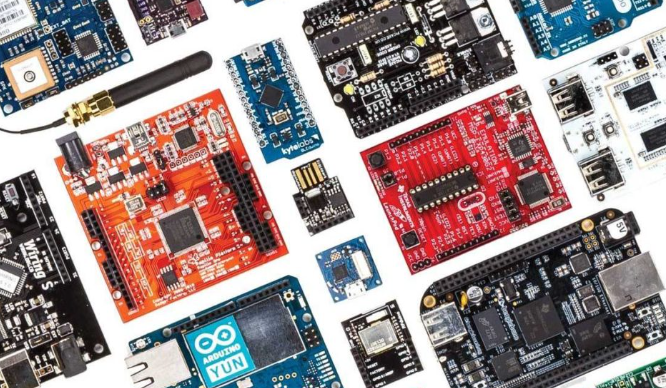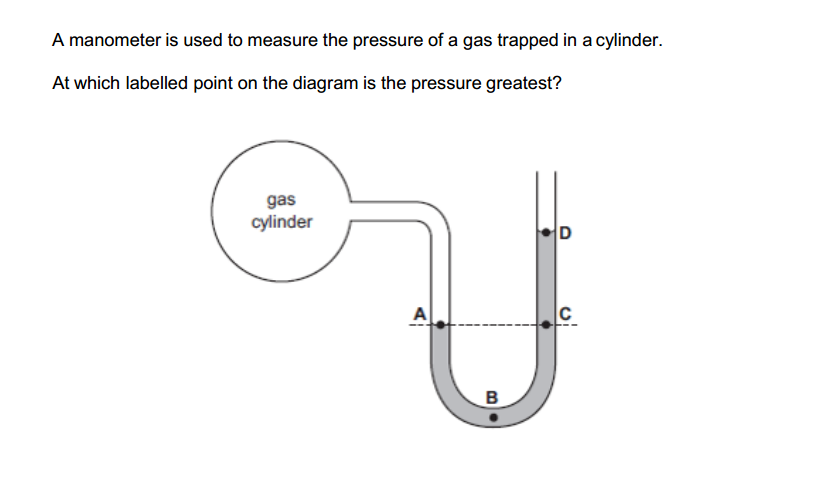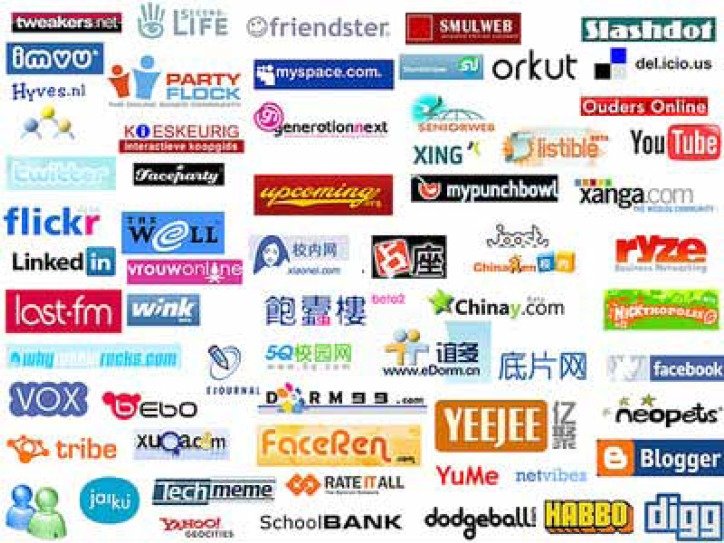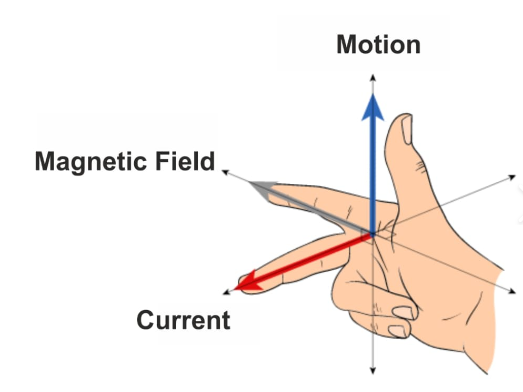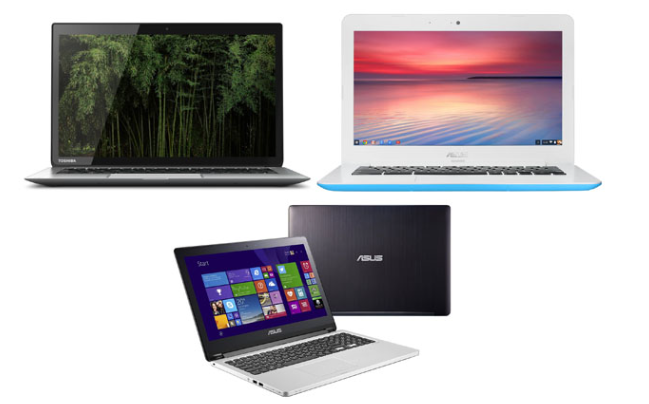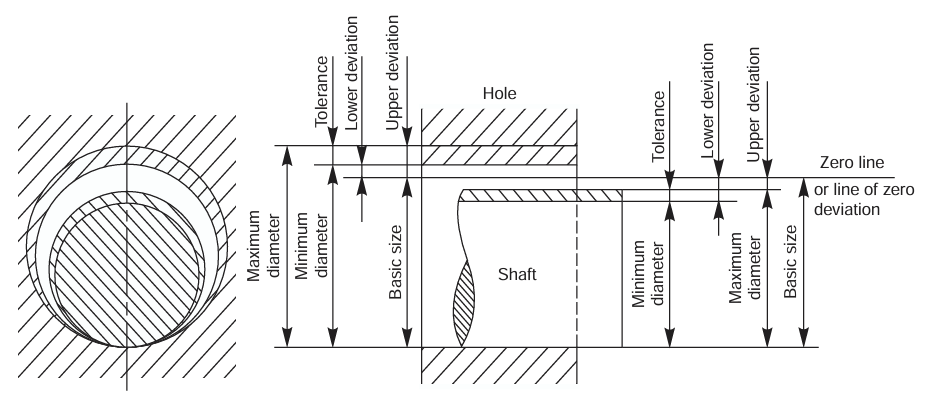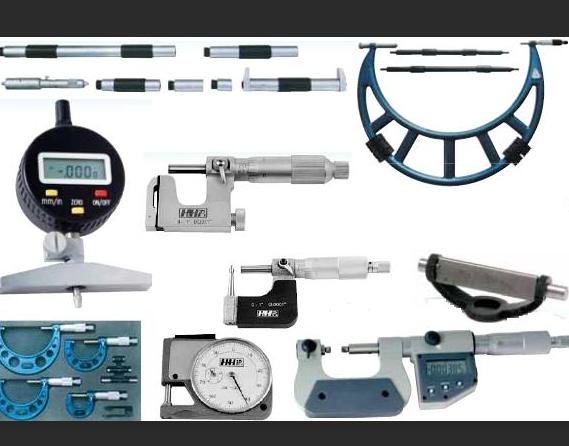In the last few decades, technology has undergone rapid advancements, reshaping the very fabric of modern society. From the introduction of the internet to the proliferation of smartphones and the emergence of artificial intelligence, the impact of technology is far-reaching and profound. This composition delves into the multifaceted effects technology has on various aspects of contemporary life, exploring its positive contributions as well as the challenges it presents.
- Communication Revolution:
Perhaps one of the most significant transformations brought about by technology is in the realm of communication. The advent of the internet has revolutionized the way people interact, transcending geographical boundaries and enabling instantaneous connections. Social media platforms, such as Facebook, Twitter, and Instagram, have become essential parts of modern communication, allowing individuals to share experiences, ideas, and emotions with a global audience. Furthermore, the rise of messaging apps and video conferencing tools has made long-distance communication effortless, facilitating international business collaborations, fostering global friendships, and strengthening family ties.
However, this communication revolution is not without its drawbacks. The overreliance on digital communication has resulted in a decline in face-to-face interactions, leading to a sense of social isolation and reduced empathy. Moreover, the rapid dissemination of information through social media can also perpetuate the spread of misinformation and the formation of echo chambers, where people are exposed only to views that align with their beliefs.
- Education and Learning:
Technology has transformed the landscape of education, making learning more accessible and personalized. Online learning platforms, massive open online courses (MOOCs), and educational apps have democratized education, breaking down barriers related to time, location, and financial constraints. Students from all walks of life can now access a wealth of educational resources, empowering them to pursue knowledge and acquire skills at their own pace.
The integration of technology in traditional classrooms has also enhanced the learning experience. Interactive whiteboards, multimedia presentations, and educational software engage students and cater to different learning styles, making learning more engaging and effective. Additionally, virtual reality (VR) and augmented reality (AR) technologies have begun to revolutionize education by providing immersive learning experiences that were previously unimaginable.
However, concerns linger about the potential drawbacks of technology in education. Critics argue that over-reliance on digital devices may lead to distractions and reduced attention spans. Furthermore, the digital divide, where certain communities have limited access to technology and the internet, can exacerbate educational inequalities.
- Economic and Workforce Transformations:
The impact of technology on the economy and the workforce is profound and complex. Automation, powered by artificial intelligence and robotics, has transformed industries, streamlining production processes, and increasing efficiency and productivity. This has led to the creation of new business models and the emergence of entirely new industries.
Conversely, the proliferation of automation has raised concerns about job displacement and the future of work. Routine tasks are increasingly being automated, leading to the obsolescence of certain job roles. As a result, workers face the challenge of adapting to rapidly changing job requirements and acquiring new skills to remain relevant in the job market.
However, technology has also created new job opportunities, particularly in tech-related fields. The demand for skilled professionals in areas like software development, data analysis, and cybersecurity has surged. As society transitions into an increasingly technology-driven landscape, the need for individuals with STEM (Science, Technology, Engineering, and Mathematics) skills becomes ever more pronounced.
- Healthcare and Wellness:
Advancements in medical technology have revolutionized healthcare, leading to improved diagnosis, treatment, and patient care. Medical imaging technologies, such as MRI and CT scans, provide detailed insights into the human body, aiding in early disease detection and precise treatment planning. Telemedicine and remote patient monitoring have expanded healthcare access, particularly in rural and underserved areas.
Wearable health devices, such as fitness trackers and smartwatches, have empowered individuals to take charge of their health, encouraging them to maintain active lifestyles and monitor vital health indicators. The integration of artificial intelligence and machine learning in healthcare is also showing promising potential in diagnosing diseases and predicting patient outcomes.
Despite these advancements, challenges persist. Data privacy and security concerns arise with the digitization of medical records and the exchange of sensitive health information. Moreover, the rising dependency on technology may lead to health issues like digital eye strain and an increase in sedentary behavior, especially among younger generations.
- Social Impact and Activism:
Technology has become a powerful tool for social impact and activism, providing a platform for raising awareness, mobilizing communities, and effecting positive change. Social media has played a pivotal role in galvanizing support for social causes and connecting like-minded individuals across the globe. Movements such as the Arab Spring, the Black Lives Matter movement, and climate activism have utilized social media to amplify their messages and mobilize supporters.
Moreover, crowdfunding platforms have empowered grassroots initiatives and charitable organizations to raise funds for their causes, bypassing traditional bureaucratic hurdles. Technology has democratized philanthropy, allowing individuals from all walks of life to contribute to causes they are passionate about.
Nonetheless, the digital realm is not immune to the challenges faced in the physical world. Social media can also be a breeding ground for cyberbullying, hate speech, and online harassment. The anonymity provided by the internet can embolden individuals to engage in negative behaviors, leading to social discord and mental health issues.
The impact of technology on modern society is both far-reaching and multifaceted. Communication has been transformed, connecting people across the globe but also raising concerns about social isolation and misinformation. Education has become more accessible and engaging, yet the digital divide remains a challenge. The economy and the workforce have experienced significant transformations due to automation, leading to both job creation and displacement. Healthcare has seen revolutionary advancements, but questions about data privacy persist. Social media has empowered activism, while simultaneously presenting its own set of challenges.
As we navigate the ever-evolving landscape of technology, it is essential to strike a balance between embracing innovation and addressing the ethical, social, and environmental implications. By leveraging technology responsibly and with foresight, we can harness its potential to build a more inclusive, equitable, and sustainable society for generations to come.


